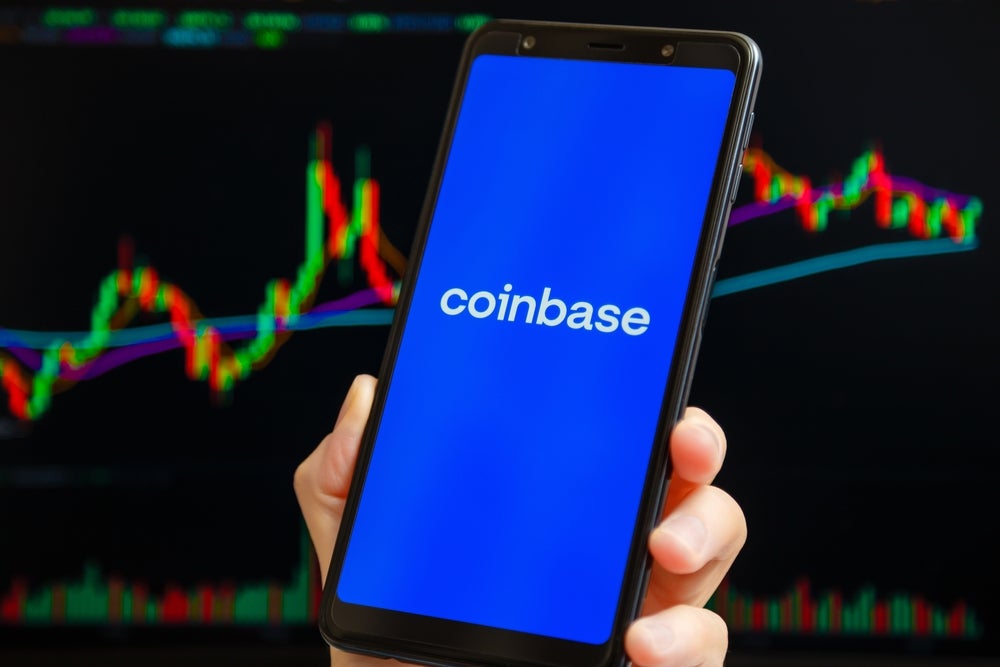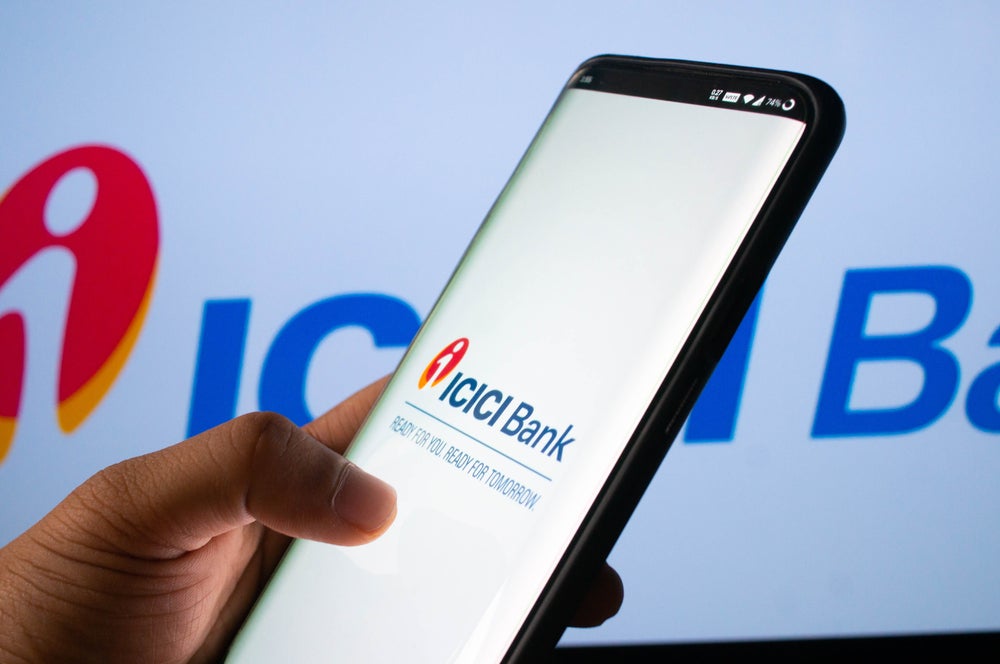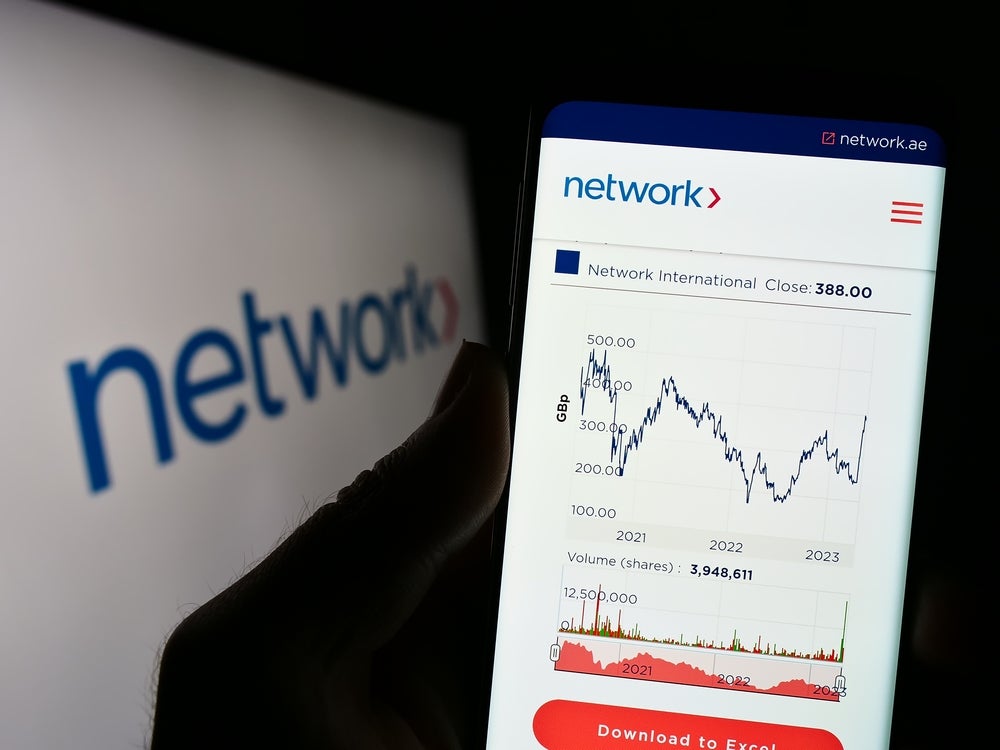
An expanding global ATM network, international money transfers, and digital download payment products are driving growth at US-based payments processor Euronet Worldwide. Robin Arnfield reports.
Founded in 1994, Leawood, Kansas-based Euronet has three core operations: electronic financial transaction (EFT) processing, which includes ATMs, point-of-sale card acquiring, outsourced card issuing, and payments software; prepaid cards and mobile top-up under the epay brand; and Ria-branded money transfers.
Euronet operates a network of 17,370 ATMs and 69,000 POS terminals, which stretches across 36 countries. It also operates a prepaid processing network comprising 631,000 cash-load terminals in 304,000 retailer locations, and a consumer-to-consumer money transfer network with 170,000 locations across 133 countries.
Euronet has established separate processing centres for each of its three businesses. "The processing systems for EFT, epay, and Ria money transfers use different technologies and have different regulatory requirements, which is why they have to be kept separate," says Euronet CEO and founder Mike Brown. "For example, our EFT processing system has to comply with the PCI (Payments Card Industry) security standard, while our Ria money transfer processing centre in Los Angeles has to comply with cross-border remittance regulations."
Brown says that Euronet takes great care to ensure it complies with financial regulations in each country that it operates in. "We have compliance officers distributed across the countries where we operate," he says. "Compliance is absolutely core to our corporate culture."
Brown contrasts Euronet’s attitude to compliance with some of the smaller companies in the money transfer market. "There have been money transfer companies that we considered acquiring, until we realised that they had problems with compliance," he says. "Compliance is what distinguishes the largest money transfer companies from the smaller players."
How well do you really know your competitors?
Access the most comprehensive Company Profiles on the market, powered by GlobalData. Save hours of research. Gain competitive edge.

Thank you!
Your download email will arrive shortly
Not ready to buy yet? Download a free sample
We are confident about the unique quality of our Company Profiles. However, we want you to make the most beneficial decision for your business, so we offer a free sample that you can download by submitting the below form
By GlobalData
Financial overview
Euronet posted post-tax net income of USD14.6m in Q3 2012, compared to a loss of USD3.2m in Q3 2011. Total operational revenues from its EFT, epay and Ria businesses rose by 6% to USD316.5m in Q3 2012 from USD299.6m a year earlier. The company generates 77% of its revenues in currencies other than the US dollar.
In October 2012, Euronet Worldwide increased its borrowing facility provided by a syndicate of banks by USD125m to USD400m. "The increased capacity is intended to give Euronet additional liquidity to support growth opportunities," says chief financial officer Rick Weller.
Euronet’s main sources of revenue are ATM management fees, transaction fees charged to outsourcing clients, commissions charged to consumers, and foreign currency spreads. Factors driving revenue growth include expansion of Euronet’s ATM network through a series of recent acquisitions; cross-selling of additional products to mobile top-up customers; expansion in money transfers; and sales of value-added products at ATMs.
"We can continue to do well by going deeper in the markets that we are already in, for example through more cross-selling," says Brown. "Many of our money transfer agents sell mobile top-up cards, and we offer mobile top-ups at our ATMs. Also, the banks we provide outsourced ATM services for in emerging markets, often become money transfer receiving agents."
Brown says the epay division is seeing fastest growth in the US, Europe and Asia-Pacific. "We recently entered two new markets, Turkey and Russia, with iTunes prepaid cards, and we expect to add additional products in these countries in the future," he says. "We’re also seeing substantial growth in money transfers in Europe, due to migrants from Eastern Europe and North Africa. Our EFT division is growing rapidly in Europe."
"There is a great opportunity for a single core processor such as Euronet to provide cross-border processing services for its bank clients, as opposed to banks having to use different processors in different countries," says Aite Group senior analyst Madeline Aufseeser.
EFT: the growth of ATMs and POS
Euronet’s EFT business produced 21% of the firm’s revenues in Q3 2012 and 19% in the first nine months of 2012. The division processes card transactions for a network of 17,370 ATMs and 69,000 POS terminals across Europe, the Middle East and Asia Pacific. Other services include outsourced management of ATMs and POS terminals; outsourced issuance of credit and debit cards on behalf of banks; and value-added ATM services such as advertising, mobile top-up, and dynamic currency conversion.
Total ATM transactions processed by Euronet rose by 22% year-on-year in Q3 2012, with the largest growth being seen in Poland, India, the Middle East, and Romania.
Euronet owns Cashnet, India’s largest independent shared ATM network, as well as Europe’s largest independent ATM network spanning 12 countries. However, Euronet does not provide ATM services in the US.
As Euronet has a European Union e-money licence, it is able to acquire ATM transactions in Europe without needing a sponsoring bank. Many of Euronet’s European ATM operations use this licence and therefore don’t require a sponsor bank, Brown says.
"In emerging markets, ATMs are very profitable," says Brown. "We make the bulk of our EFT revenues from ATMs outsourced to us." Euronet owns around 4,000 ATMs, with the remainder of its ATMs being operated on behalf of their bank owners.
"Euronet added 3,146 ATMs to its network in the year to 30 September 2012, driven partly by a growing appetite among European banks to outsource ATM operations," says a report on Euronet by US investment bank Piper Jaffray. "We believe Euronet’s ATM opportunity remains robust, as it is positioned to benefit from growth in India and expansion in Europe."
"There is a major opportunity for ATM outsourcing in Europe," says Brown. "In the US, 65% of ATMs are outsourced, but in Europe only 3% are outsourced."
Brown says the global financial crisis, which hit European banks very hard, has had a positive effect on Euronet’s ATM outsourcing business. "Previously, European banks operated their ATMs internally," he says. "But now they have to watch their expenses. Outsourcing their ATMs to Euronet provides banks with economies of scale."
"Euronet’s ATM outsourcing services offer European banks new revenue-generating opportunities through value-added services," says Piper Jaffray senior research analyst Michael Grondahl. "Depending on location, Euronet’s ATMs can offer mobile top-up, bill payment, advertising, dynamic currency conversion, and deposit acceptance."
During 2011, Euronet bought 535 ATMs from Diebold’s cash4you network in Poland, and it acquired PayNet, which operates 720 ATMs and 1,700 POS terminals and manages 540,000 outsourced cards in Romania. PayNet processes 15m card transactions annually.
In November 2012, Euronet bought 172 ATMs from UkrSibbank, a Ukrainian bank owned by BNP Paribas, having bought 116 ATMs from UkrSibbank in November 2011.
The India experience
In India, Euronet owns and operates 1,800 "brown-label" ATMs which display the logo of their sponsoring bank. "Euronet also operates 2,000 bank-owned ATMs in Indian bank branches," Brown says.
"Brown-label" is an Indian ATM industry term referring to an ATM which is owned by a non-bank, but which displays a bank’s label. It contrasts with "white-label," where the non-bank ATM deployer displays its label on the ATM.
"In the case of ‘brown-label’ ATMs, we share transaction revenue with the sponsor bank, but we choose where to site the ATMs," Brown says. "This means we take the risk of the ATM not producing enough revenues."
According to Brown, the Indian ATM market is underserved. "China has four to five times the number of ATMs per capita compared to India," he says.
The Reserve Bank of India, the central bank, recently introduced the white-label concept in the Indian market, in order to expand the rollout of ATMs into underserved regions of the country. In guidelines published in June 2012, the RBI said it would require a mandatory mix of urban and rural deployments by white-label ATM deployers.
In China, Euronet manages 1,100 ATMs owned by four banks; China Postal Savings Bank, Deutsche Bank, Citibank, and Standard Chartered Bank. "We don’t see as much growth in China as in other ATM markets, as Chinese banks are slow to embrace ATM outsourcing," says Brown.
In Pakistan, Euronet has been providing switching services linking card issuers to MasterCard’s global network since June 2012. Euronet also helped Pakistani bank MCB issue the country’s first Visa-branded EMV debit card in January 2012.
Epay: gaining momentum
Euronet’s epay division provides distribution, processing and collection services for prepaid mobile airtime and other prepaid products in 17 countries including Australia, Brazil, Germany, India, New Zealand, Spain, Switzerland, the UK and the US. In the UK, epay provides prepaid mobile top-up services to the largest 15 retailers.
epay manages a network of 631,000 POS cash-load terminals sited at 304,000 retail locations. "We own 129,000 of these terminals, while the rest are operated as integrated cash register devices by our retail clients," says Brown.
epay’s revenues accounted for 56% of total Euronet revenues for the first nine months of 2012 and 54% of Q3 2012 revenues.
According to Brown, non-mobile prepaid products account for 25% of epay’s revenues. These products include general-purpose reloadable (GPR) prepaid cards; bill payments; gift cards; long-distance landline calling cards; prepaid Internet access cards; payment for digital music, games and software; and transport payment including road tolls and public transit.
Aufseeser says Euronet is positioned to benefit from international growth in GPR prepaid cards. "The international GPR prepaid card market is only just starting to take off, and the opportunity will be huge outside the US," she says.
Digital content
According to Piper Jaffray, non-mobile products including iTunes, Amazon, Facebook, Zynga, Microsoft Xbox and Sony PlayStation prepaid cards represent 18% of epay’s total transactions. In Q2 2012, epay signed global agreements to distribute prepaid cards for Adobe, Groupon and Symantec. In Q3 2012, it launched Facebook cards at 31 retailers in nine Western European countries including Germany, Spain and Sweden.
"epay provides a cost-effective way for people to purchase online content who either don’t have credit cards or prefer not to use cards online," says Brown. "Instead, they can pay cash at the point of sale for their stored-value e-commerce account."
In September 2012, epay’s Brazilian subsidiary launched gift cards offering streaming online music and premium video-on-demand services on behalf of online media company Terra Networks, a subsidiary of Spain’s Telefónica. The gift cards are available for cash purchase at Grupo Pão de Açucar (GPA), Brazil’s largest retailer. Previously, Terra only sold subscriptions to these services online at temporary mall kiosks, with credit cards being the only accepted payment method.
In the US, Europe, Australia and New Zealand, epay offers PIN-on-receipt, where PINs are printed on receipts and can be entered online for purchases, without the use of plastic cards.
In May 2012, epay launched PINless calling, which enables customers to make long-distance and international calls from US mobile and landline phones, in the US. No PIN needs to be entered, as the prepaid account is automatically detected when calling from a registered telephone number. However, Euronet has no immediate plans to offer PINless calling in other countries.
In November 2012, Euronet expanded its epay New Zealand operation by acquiring ezi-pay, which sells 90 branded gift cards from 1,200 retail locations. ezi-pay also distributes mobile top-up cards, landline calling cards and prepaid electricity cards. The acquisition of ezi-pay makes epay New Zealand the largest distributor of prepaid mobile and non-mobile content in New Zealand, Euronet says.
In September 2011, Euronet bought German incentives company cadooz, which offers gift cards and vouchers on behalf of 3,000 corporate clients. "epay now has a very high share of the German prepaid market," says Grondahl.
Money transfer: fighting for more market share
Ria provides consumer-to-consumer money transfers from agents and Euronet-owned stores in North America and Europe to a pay-out network of 170,000 correspondent agents, primarily banks, in 133 countries. Ria also offers bill payment, money orders, GPR prepaid cards, cheque-cashing, and foreign exchange at its stores and agent locations.
"Over 20% of our US transfers go to Mexico, with the remainder going to Central and South America," says Brown. "In total, 43% of our transfers originate from Europe, with the remainder coming from North America."
Ria saw transfers from the US grow by 19% in Q3 2012 year-on-year, primarily due to growth in transfers to Mexico, while transfers from Europe grew by 7%.
"In Europe, our transfers flow mainly from the five strongest European economies to the weaker European economies and to North Africa," says Brown. "We’re seeing huge growth in transfers from the US to Mexico as a result of taking market share from our two largest competitors, MoneyGram and Western Union. We’re also capturing customers from MoneyGram and Western Union in Europe, and have broken their previous hegemony in Europe."







